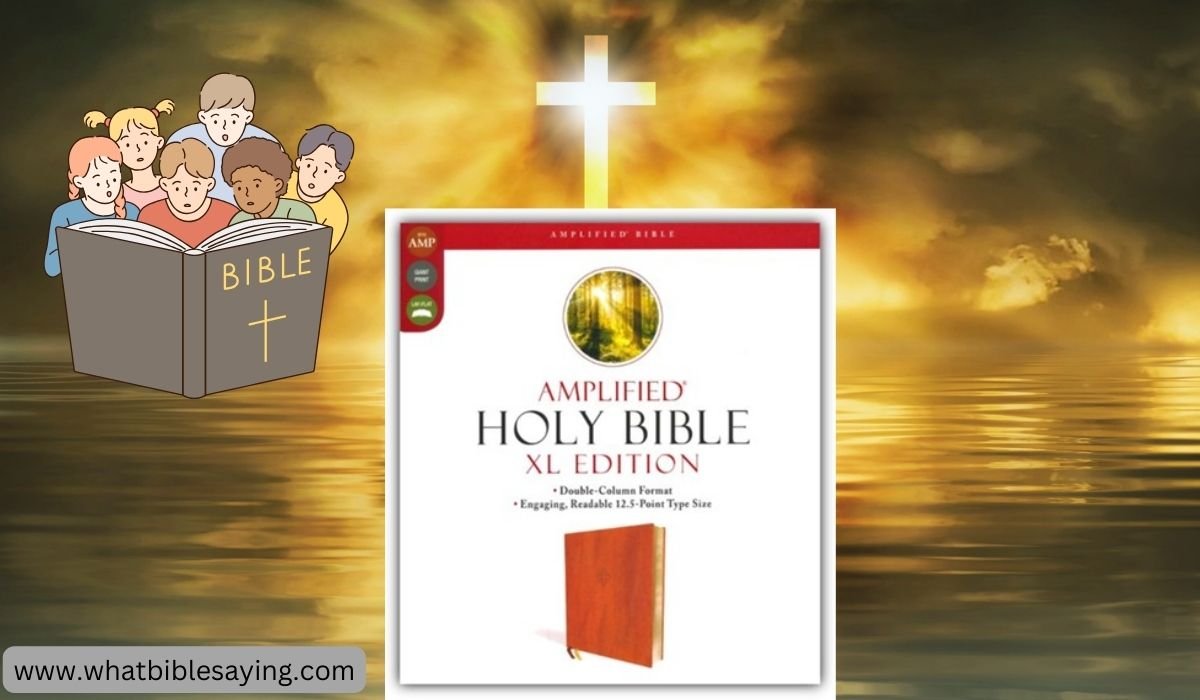 The quest for understanding the mention of “Allah” in the Holy Bible is a fascinating journey into comparative theology and the study of sacred texts. This exploration not only illuminates the historical and linguistic ties between Christianity and Islam but also provides a rich perspective on the shared roots and divergent paths of these two world religions.
The quest for understanding the mention of “Allah” in the Holy Bible is a fascinating journey into comparative theology and the study of sacred texts. This exploration not only illuminates the historical and linguistic ties between Christianity and Islam but also provides a rich perspective on the shared roots and divergent paths of these two world religions.
Introduction
When discussing religious terminology and key figures in major world religions, questions often arise about the interconnectedness of these faiths. One such question is whether “Allah,” the Arabic word for God, is mentioned in the Holy Bible, and what that signifies for interfaith dialogue. This article aims to address this query thoroughly, delving into the biblical texts and their interpretations to provide a clear, respectful, and insightful analysis.
Understanding “Allah” in Religious Contexts
Who is Allah According to the Bible?
“Allah” is the standard Arabic word for God and is used by Arabic-speaking Christians and Jews as well as Muslims. However, the name “Allah” as it is specifically understood in Islamic theology does not appear in the original Hebrew or Greek manuscripts of the Bible. It’s important to understand that while the Bible was translated into Arabic, translators used the word “Allah” as the equivalent of “God” due to linguistic norms.
The Usage of Divine Names in Sacred Texts
Allah in the Bible (KJV)
The King James Version (KJV) of the Bible, like all English translations, does not use the word “Allah.” Instead, it uses “God,” “Lord,” or the specific names “Jehovah” and “Elohim,” reflecting the original texts’ language. The translation choice reflects the target language’s norms and the theological context.
Comparative Analysis: Is Allah Mentioned in the Qur’an?
In contrast, “Allah” is prominently mentioned throughout the Qur’an, Islam’s holy book, where He is depicted as the singular, omnipotent God. The Qur’an clarifies the attributes and the singular nature of Allah as the creator and sustainer of the universe, which aligns with the monotheistic portrayal of God in the Bible but under a different cultural and linguistic guise.
Exploring Biblical References
Is the Prophet Muhammad Mentioned in the Bible?
This question is often linked to discussions about “Allah” in the Bible. While Muhammad is a central figure in Islam, there is no direct mention of Muhammad in the Bible. Some interpret certain prophecies in the Old and New Testaments as allusions to Muhammad, but these interpretations are not widely accepted in Christian theology.
How Many Times is “God” Used in the Bible?
The word “God” appears hundreds of times in various forms in the Bible, reflecting its central theme of monotheism. This underscores the importance of divine guidance in the lives of the believers, a concept central to both Christianity and Islam.
What Order Should I Read the Bible In?
Reading the Bible in a structured way can greatly enhance understanding and retention of its teachings. Here are some recommended approaches:
- Chronological Order: Reading the Bible as events occurred historically can help connect historical and theological dots.
- Canonical Order: Following the order in which the books appear in the Bible provides a traditional approach that aligns with historical and liturgical traditions.
- Thematic Order: Focusing on specific themes such as love, justice, or prophecy can offer a focused exploration of biblical concepts.
Conclusion
While “Allah” as a term specific to Islamic theology does not appear in the original texts of the Bible, the use of the word in Arabic translations reflects a linguistic bridge between Christianity and Islam. Both religions, along with Judaism, share a common belief in a single, omnipotent God who guides humanity through prophets and sacred texts.












